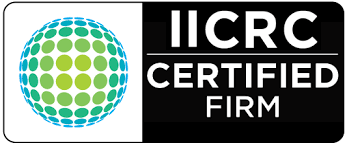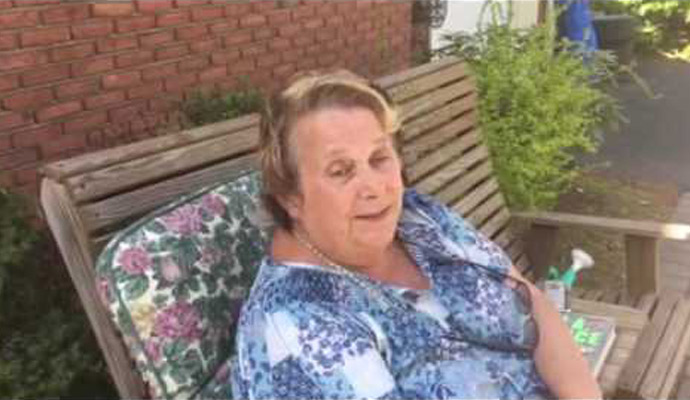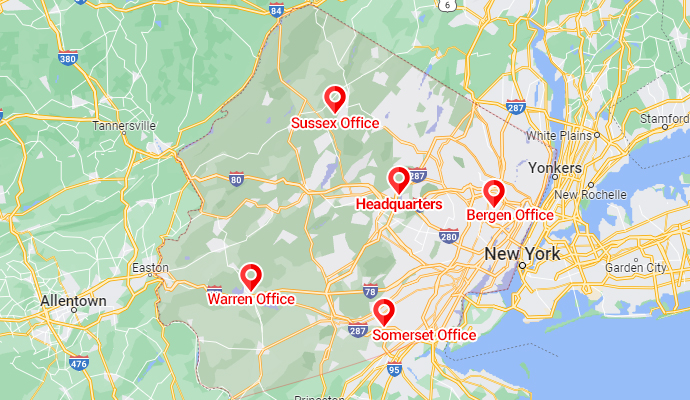6 Easy Steps to Prevent Frozen Pipes and Water Damage
Before the outside temperature drops below freezing, it's important to learn how to protect your pipes from freezing and causing water damage to your property. Take the necessary steps to prepare your home for winter. Read on to learn some simple tips to prevent pipes from freezing and to keep water flowing in cold weather. We'll also tell you what to do if you think your pipes may be freezing and how to unfreeze them to prevent a major home disaster.
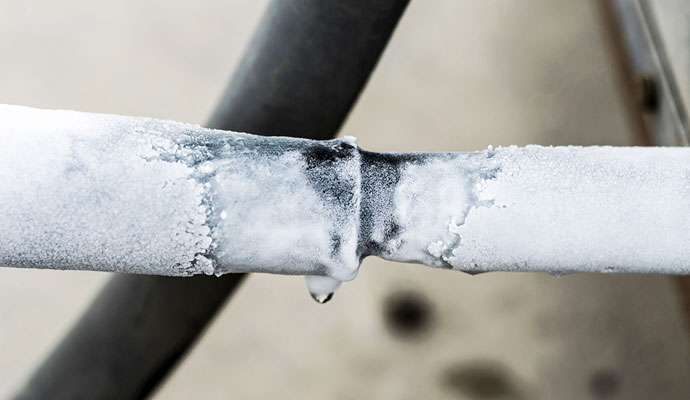
- Let the water tap run. Even a small drop of water can prevent ice from forming in pipes. If it's cold outside, open all the faucets. Leaving some faucets running for a while can also reduce pressure in the pipes and help prevent pipes from bursting if the water inside them freezes.
- Maintain a consistent temperature. Set the thermostat to maintain a consistent temperature day and night. In normal weather, turning off the thermostat at night or when you're not home can save on heating costs, but in extreme cold, maintaining a consistent temperature is key to keeping your pipes free of ice. And if you're away from home in cold weather, make sure the thermostat is at least 55°F. Those few extra dollars you spend on your utility bill are worth the thousands you save by avoiding a burst pipe.
- Disconnect the garden hose. When you're done gardening this season, unplug the hose, wring it out, and put it away. Close all shutoff valves supplying the outside faucets and open the outside drain line faucets. Leave it open all winter to allow any water left in the pipe to drain. Consider using faucet covers ($ , Home Depot) during colder months to prevent pipes from freezing. Also, drain water from sprinkler supply lines according to the manufacturer's instructions.
- Opening doors and cabinets. The ensures that warm air is distributed evenly throughout the home in cold weather. Leave interior doors open and open kitchen and bathroom cabinets to distribute heat evenly throughout all rooms. If there are small children or pets in the home, remove all potentially harmful household chemicals or cleaning products from open cabinets.
- Insulate your pipes. duct insulation is fairly inexpensive and available at home improvement stores. Consider installing insulated ductwork in unheated areas such as attics, basements, crawl spaces or garages. Pipes under kitchen and bathroom sinks are also prone to freezing in extreme cold. Apply plenty of foam insulation to provide cushioning against low temperatures. Wrapping the tubes with heating tape or a thermostatically controlled heating cable ($3 , Walmart) will keep them warm enough to prevent freezing.
- Seal all leaks. Check your home for cracks or openings that could let in cold air. Seal all holes around pipes in interior or exterior walls, as well as baseboards in your home's foundation. Also, since opening the garage can cause massive air leaks, always keep the door closed unless you're going in and out.
What to do if your water pipes are frozen. If you think your water pipes are frozen, turn on the water first. If only a little water comes out, the ice may be blocked. Next, carefully inspect the exposed pipe for cracks or breaks. If a pipe breaks, shut off the main water supply to the house and call a plumber immediately for help. Trying to melt a broken pipe can lead to water leaks and home flooding. If the hose is still intact, turn on the faucet to let the water flow while the ice thaws. Gently warm the frozen section of the tube with a heating pad, a hair dryer, or a damp, warm towel. Never heat the frozen pipe with an open flame as this can cause a fire and damage the pipe. If you cannot safely access or thaw frozen pipes, contact a licensed plumber immediately.
When your property sustains water damage in New Jersey, the IICRC-certified technicians from PDQ Restoration have a time-tested water damage restoration process that we use to restore your home or business to its pre-loss condition. The restoration process can be time-consuming, but such an undertaking cannot be rushed. Water is a powerful natural force that can harm your property in many ways, but our experts at PDQ Restoration can return your water-damaged property to its pre-loss condition ASAP.
We clean up, repair, and restore any form of water damage in Basking Ridge, Montville, Randolph, and throughout our NJ service region. Our emergency crews are ready to roll on a 24/7/365 basis and our knowledgeable & highly-trained specialists can assist you with any type of restoration-related need you may have. To learn more about our water damage restoration process and to schedule a consultation, call 973-447-3363 or click here to lock in a reservation for services ASAP.
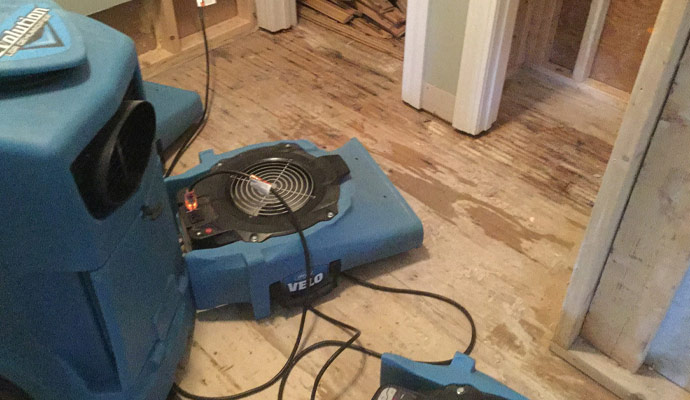
Our Superior Water Damage Restoration Process by PDQ Restoration
Rely on Us for the Best Water Damage Restoration Process in New Jersey
PDQ Restoration provides the best restoration process for our clients in New Jersey. We can also assist with burst pipes, toilet overflow cleanup, appliance failure, and other issues. Reach us at 973-447-3363 to learn more or click here to schedule an appointment for services ASAP in Summit, Short Hills, Parsippany, Randolph, New Providence, and other cities throughout Northern New Jersey.




